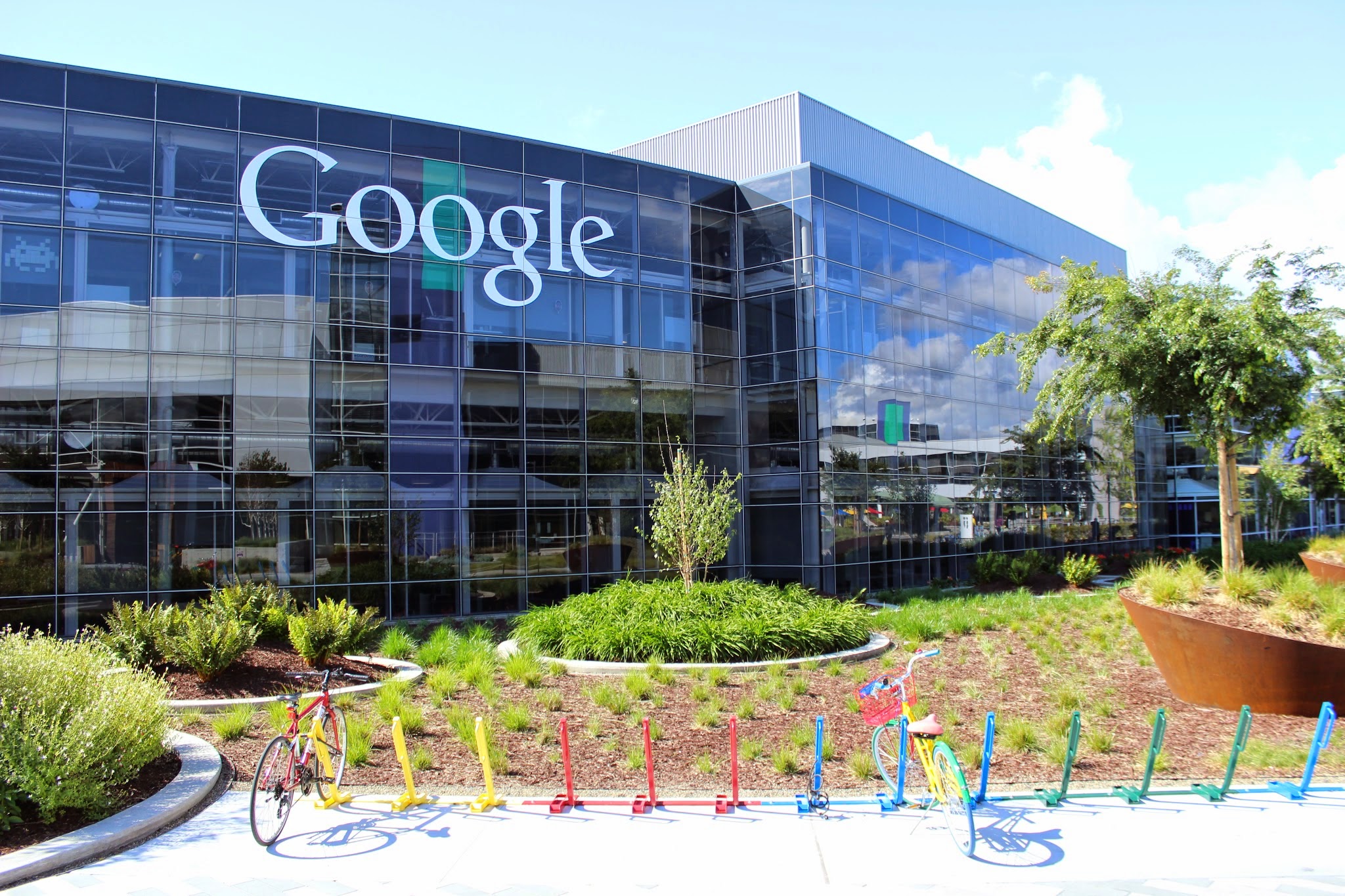 CLOUD
CLOUD
 CLOUD
CLOUD
 CLOUD
CLOUD
One of the biggest draws for Google Docs over rival word processors is the ability to save documents to the cloud automatically and access files from anywhere. But today, a screw up in Google LLC’s system demonstrated the dangers of trusting all of your files to a server you do not control.
Google confirmed that an update mistakenly locked a number of users out of their Google Docs files for nonexistent terms-of-service violations, leaving them unable to access their work until the issue was resolved.
“This morning, we made a code push that incorrectly flagged a small percentage of Google Docs as abusive, which caused those documents to be automatically blocked,” a Google spokesperson said in a statement. “A fix is in place and all users should have full access to their docs. Protecting users from viruses, malware, and other abusive content is central to user safety. We apologize for the disruption and will put processes in place to prevent this from happening again.”
The lockout was a big problem for people who rely on Google Docs for work and school, including National Geographic reporter Rachael Bale, who was unable to access a draft of an article she had been writing. Bale took to Twitter to voice her concerns about the issue, and she said that while she did not believe that the lockout was an example of targeted censorship, the idea that Google could be monitoring her work is worrying.
“I like to use Google Docs for drafts because my editor and I can work together in real time, but this kind of monitoring is creepy,” Bale said in a string of tweets. “Though clearly very naive of me not to have considered it before. That said, we never put the super sensitive stories in Google Docs.”
Although Google resolved the issue within a few hours, the lockout may have some users thinking twice about trusting all of their files to Google. The error is also troubling because it shows that Google can block users’ access to their files whenever the company wants. Google probably wouldn’t do that for no reason, but it could theoretically choose to do so at any moment.
THANK YOU